Batavia, New York
Fifty-five years after his Vietnam-era military service ended, Russ Benzin remains haunted. Not, thank God, by memories of the state-sanctioned mass murder that is war, but by a seemingly intractable and feral military dog he came to love.
I met Russ years ago in the third-base bleachers at Dwyer Stadium, where we whiled away many summers watching a set of trained canines – the Batavia Muckdogs of the (now defunct or, rather, exterminated) New York-Penn League. In the manner of ballpark friendships, ours developed over the years: from nodding acquaintance to grumbling exchanges (“why the hell didn’t the third-base coach send that guy?”) to friendship.
Pleasant surprises always dot such paths, and I enjoyed Russ’s perceptive observations on the novels of his fellow Upstate New Yorker Joyce Carol Oates and the songs of his favorite musician, the Canadian troubadour Gordon Lightfoot.
Russ, I learned, was a farrier and blacksmith who grew up in Eden – the one in western New York, not the one in Genesis. When he wasn’t shoeing horses he was pitching in to help his wife Mary’s veterinary practice on the outskirts of the small Erie Canal town of Albion, where perfidy has no home. Dr. Mary is an old-school vet: no computers, no slew of staff assistants, just a smart and dedicated woman caring for her animal neighbors.
The friendly ghost that haunts Russ to this day is the titular German shepherd of his new book, The Amazing Skipper. In 1967, Russ was an Air Force enlistee assigned to the K-9 section at Little Rock AFB. Green as Eden’s grass, he asked the kennel master, a wounded vet named Tommy Shahan, if he might train an unclaimed and untamed “hyperaggressive and fire-breathing” beast who bore the deceptively chipper name of Skipper. Shahan “went out on a huge limb,” says Russ. He granted the greenhorn permission to take a dog regarded as unreliable – dangerously so. “It would have been so easy for Skipper to get loose, or me to screw up, and someone could get seriously hurt – or worse.”
He didn’t screw up. Instead, after a shaky start – “Skipper would regularly try to attack other handlers and their dogs” – the dog’s ferocity was offset by a hard-earned obedience. Wrestling in the daytime, walking nighttime patrol around the base perimeter, man and dog bonded in a way that had “meaning beyond words,” says Russ.
From dusk to dawn they patrolled, just the two of them. Russ stood in awe of Skipper’s preternatural powers of scent and hearing, “way beyond human capacities.” Skipper was hyperalert, Russ vigilant but pensive, and “night shifts flew by as Skipper and I made our rounds.” Their connection was “primal,” says the human partner in this union that has been reenacted countless times since prehistory.
After a “great partnership of 17 months,” Russ was shipped out to Thailand, where he trained military dogs just south of the Laotian border. He still chokes up when he recalls Uncle Sam’s callous abandonment in Vietnam of the thousands of dogs he and his fellow handlers had prepared for duty, only to see them “discarded like some old Jeep or tank,” left to fates best put out of mind.
As for Skipper, he lived out his years at Ellsworth AFB in South Dakota, near the base of the Black Hills. Skipper and Russ would not again meet, except in dreams. Russ came home from Thailand and found his calling. “What fascinating work,” he says of the farrier’s trade. “Trimming live feet on a live animal, then reshaping ready-made horseshoes or making some shoes from straight bars of steel. Then actually nailing these shoes on to a horse’s foot, though the nails were driven into the insensitive horn of the hoof.”
Russ met Dr. Mary while each was making a house call at Wild Rose Farm. He says that their “shared common values, a love of rural America, plus appreciation and affection for all animals, great and small” smoothed their path to the altar. Russ, and then Russ and Dr. Mary, would take in many dogs over the years – strays, rejects, the lame – several of which he profiles with affectionate amusement in his charming book.
But he would never forget the four-legged companion with whom a young private from Upstate New York walked under dark Arkansas skies in a place far from home.
Now on the verge of 80, Russ says: “Skipper is often on my mind, even after over 50 years. He’s always there, and that’s good. But our partnership came with a heavy cost – lives lost in a senseless war,” including that of his boyhood friend in Eden, Dave Finger, killed by NVA forces on August 6, 1969, in Thua Thien Province.
There are good hauntings and there are bad hauntings.
This article was originally published in The Spectator’s May 2025 World edition.



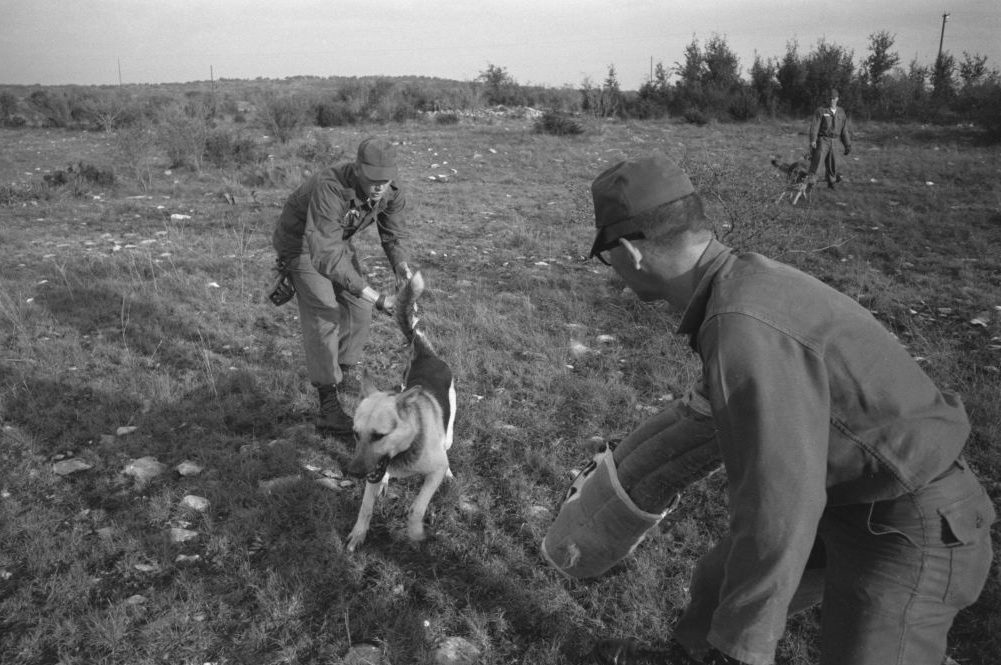







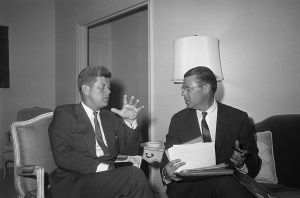
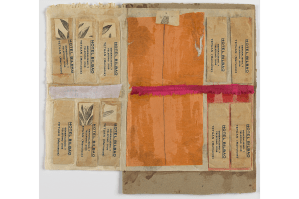
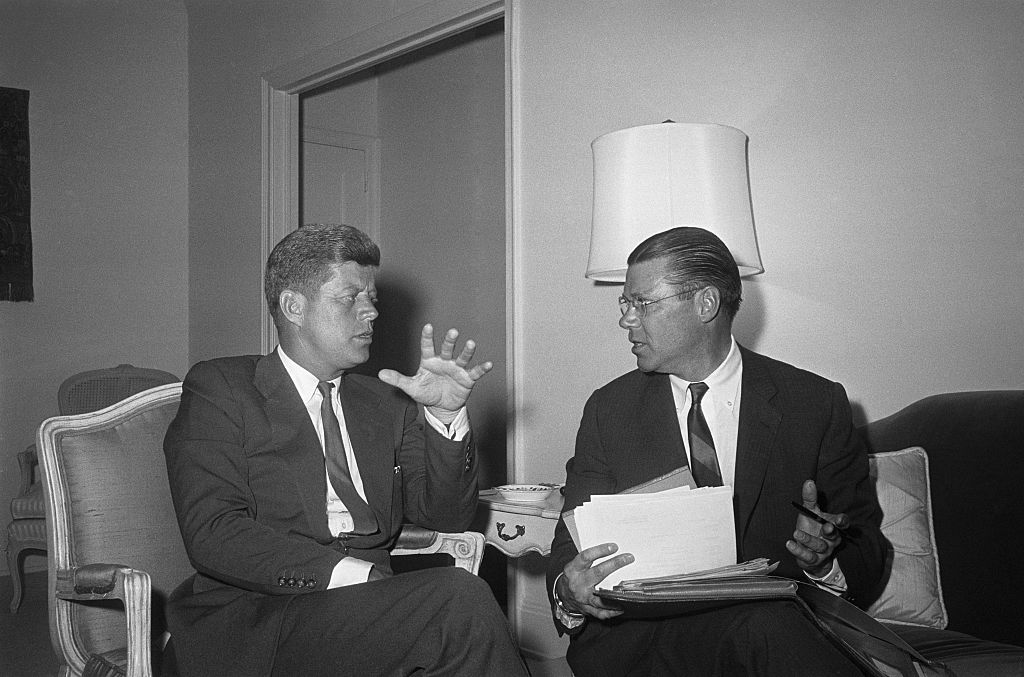
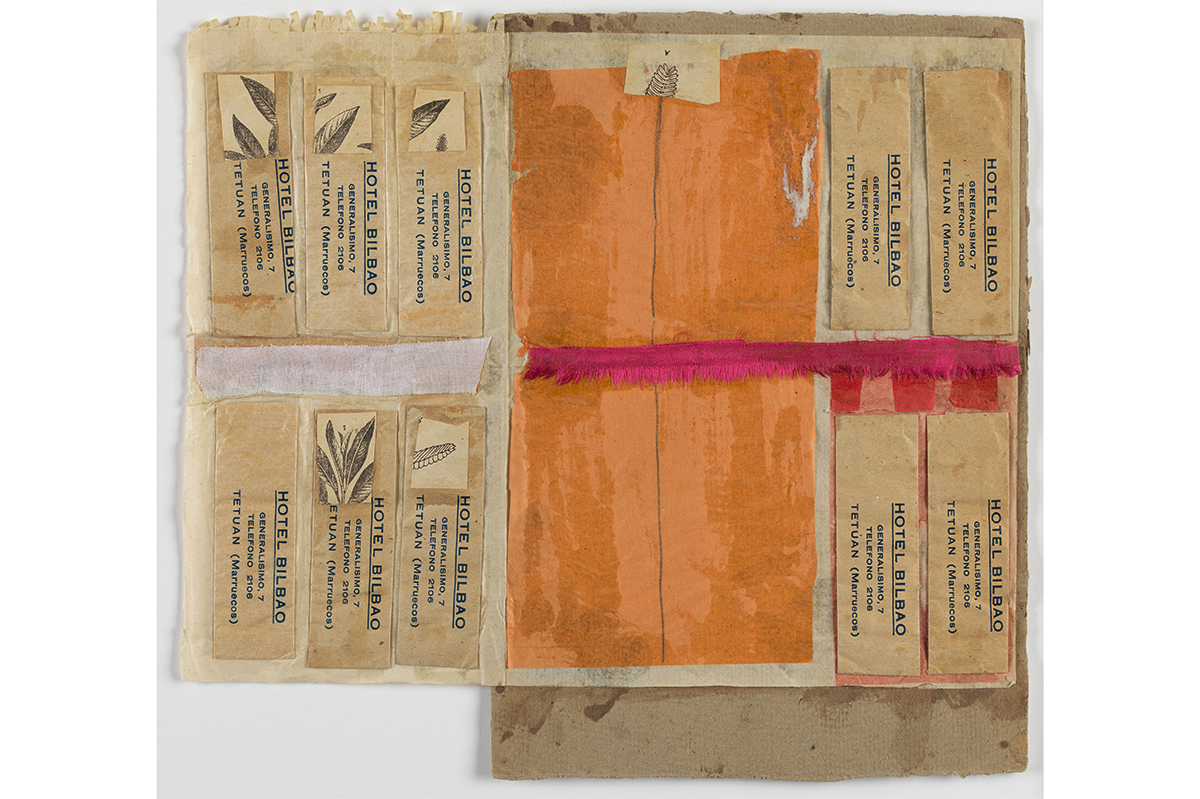
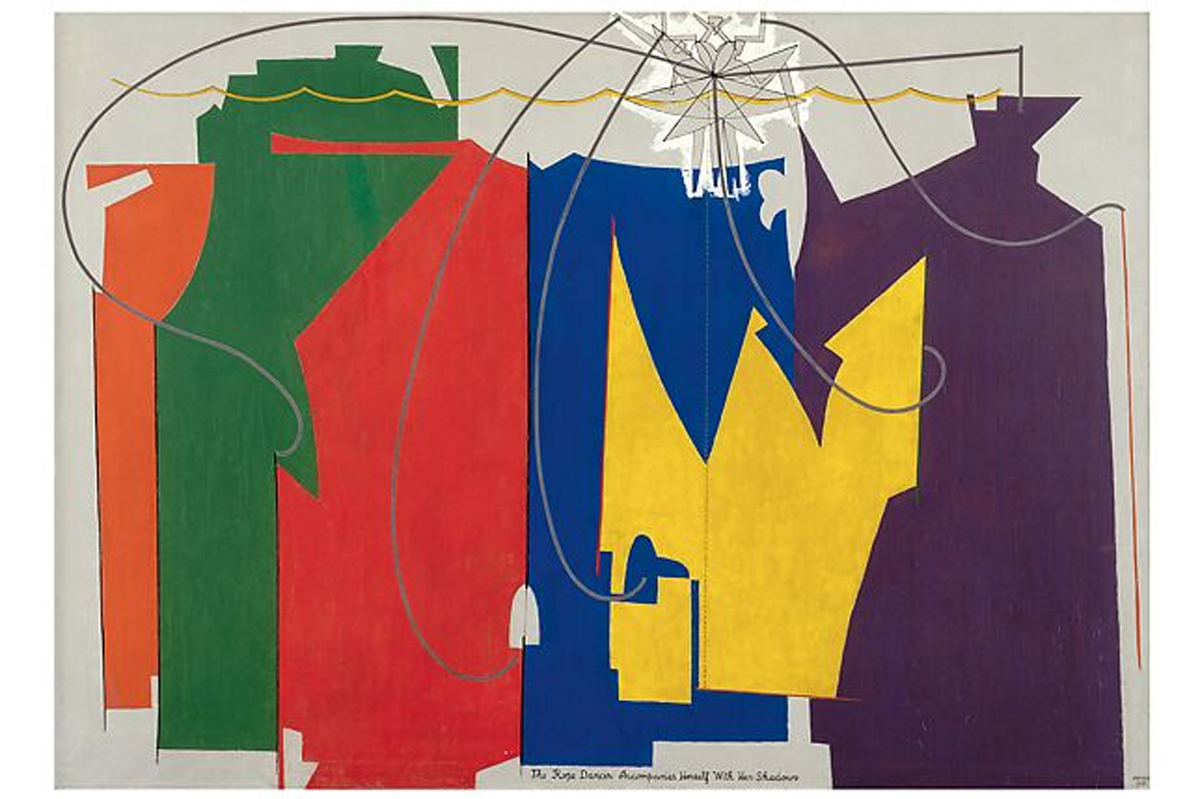
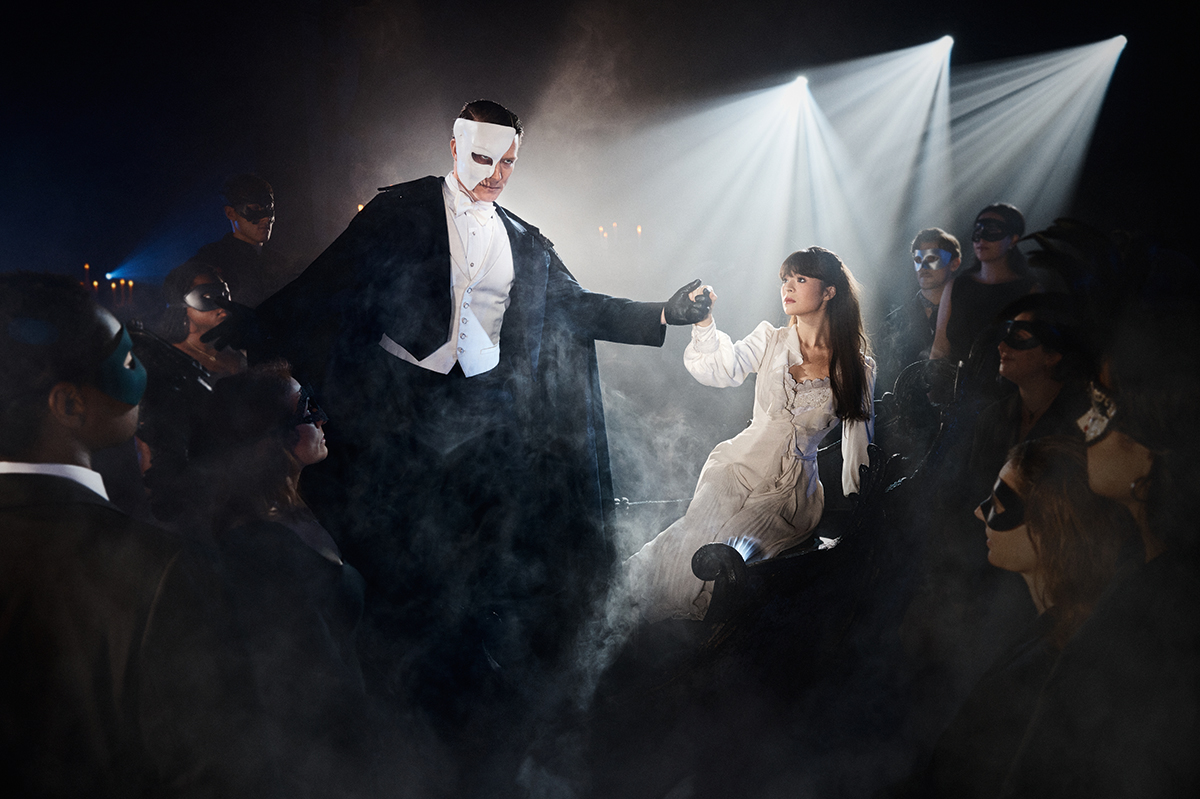
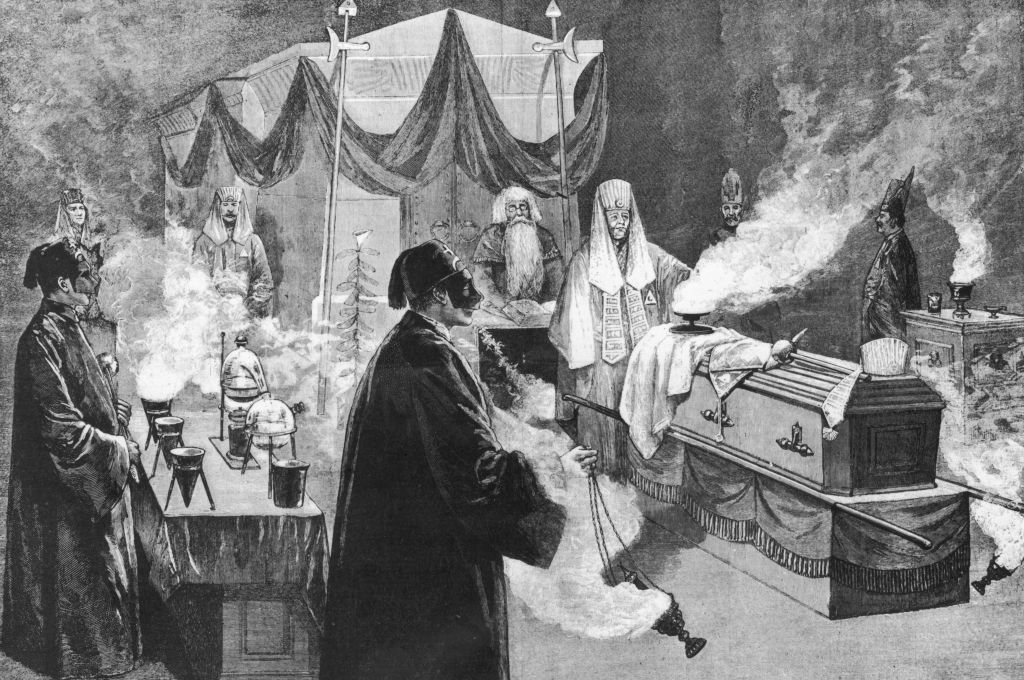








Leave a Reply